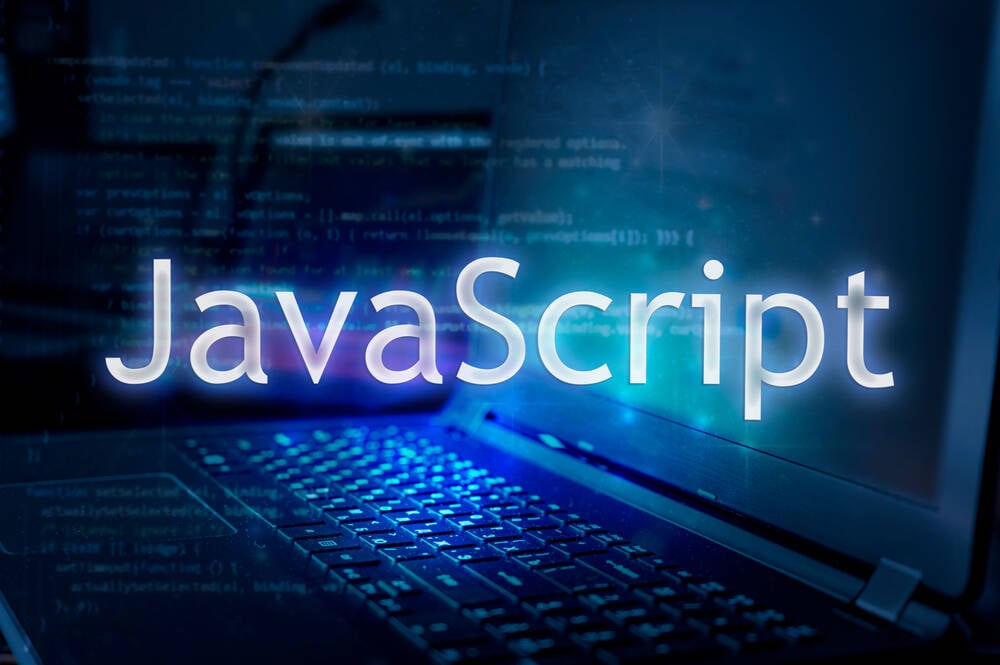
Kill Oracle's 'JavaScript' trademark, Deno asks USPTO
The JavaScript Trademark Battle: A Wake-Up Call for Digital IP Protection
In a dramatic turn of events that highlights the complex nature of intellectual property rights in the digital age, Deno Land has launched a bold challenge to Oracle's ownership of the "JavaScript" trademark. This development serves as a powerful reminder of how traditional IP protection mechanisms are being tested in our rapidly evolving technological landscape.
The story began when Ryan Dahl, the creator of Node.js and founder of Deno, filed a petition with the USPTO to cancel Oracle's trademark on the term "JavaScript." What makes this case particularly fascinating is the claim that Oracle may have committed fraud during their trademark application process by using screenshots from Node.js – a platform they don't own – to demonstrate commercial use of the mark.
This situation perfectly illustrates the challenges businesses face in protecting and validating their intellectual property claims in the digital realm. Oracle's apparent inability to demonstrate genuine commercial use of the JavaScript trademark, despite holding it for years, underscores the importance of maintaining proper documentation and proof of IP usage – something that modern blockchain technology has made significantly more straightforward and reliable.
The impact of this trademark dispute extends far beyond just Oracle and Deno. The JavaScript community has long faced obstacles in using the term for conferences, educational materials, and commercial products. Several organizations have received cease-and-desist letters, forcing them to modify their names or branding – a situation that demonstrates how traditional IP protection methods can sometimes hinder rather than help innovation.
Perhaps most telling is the fraud allegation itself. In an era where digital assets and documentation can be easily manipulated, the need for immutable proof of ownership and usage has never been more critical. This is precisely why forward-thinking businesses are increasingly turning to blockchain-based solutions for IP protection, ensuring that their ownership claims are backed by tamper-proof, time-stamped evidence.
The case also highlights a broader trend in the technology sector: the tension between traditional IP protection mechanisms and the open-source community's collaborative nature. As software development becomes increasingly community-driven, the need for transparent, verifiable IP documentation becomes paramount. Blockchain certification provides this transparency while maintaining the security and legal weight of traditional IP protection methods.
For businesses watching this case unfold, the message is clear: proactive IP protection using modern, verifiable methods is essential. Whether you're protecting trademarks, copyrights, or patents, having immutable proof of ownership and usage can help avoid costly disputes and strengthen your legal position. The days of relying solely on traditional documentation methods are rapidly fading.
Looking ahead, Oracle has until January 4, 2025, to respond to the petition. The outcome of this case could set important precedents for how trademarks are protected and challenged in the software industry. Regardless of the result, it serves as a powerful reminder that in today's digital age, the way we protect and verify intellectual property must evolve.
For organizations seeking to secure their intellectual property rights in this changing landscape, implementing robust, blockchain-based verification systems is becoming not just an option, but a necessity. Learn more about how blockchain certification can protect your intellectual property assets.